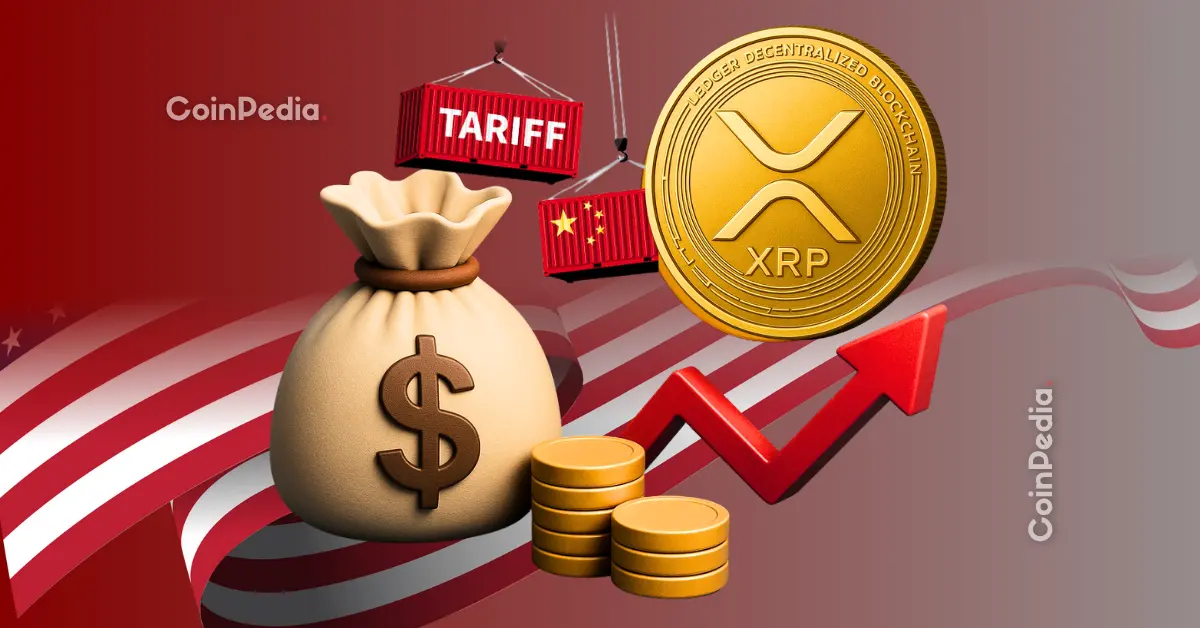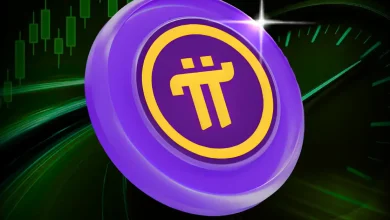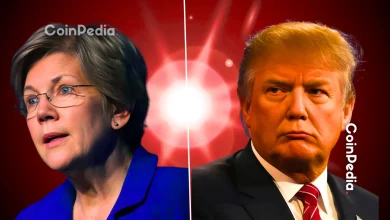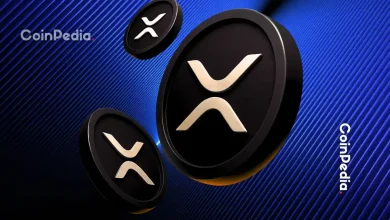
XRP offers a neutral payment bridge, easing U.S.–China trade tensions without replacing national currencies.
Ripple’s On-Demand Liquidity enables instant cross-border settlements, cutting transaction costs by up to 90%.
XRP’s neutrality allows seamless transfers between the dollar and yuan, reducing political and financial friction.
For years, the U.S.–China trade war has been fueled not just by tariffs, but by financial friction. Global trade loses billions each year due to slow, costly, and outdated payment systems tied to national currencies like the dollar and yuan, to settle global trade.
Now, Ripple’s XRP is emerging as a neutral bridge asset that could ease this tension without replacing the U.S. dollar or threatening national currency dominance.
XRP: Neutral Bridge for Global Payments
Every day, trillions of dollars move across borders through payment networks like SWIFT, which often take several days to settle. This inefficiency costs the global economy to lose over $120 billion each year.
XRP offers a faster and cheaper alternative through Ripple’s On-Demand Liquidity (ODL) network. It acts as a bridge currency, allowing banks to settle payments instantly between different fiat currencies.
Instead of keeping funds locked in overseas accounts, banks can simply convert fiat into XRP, transfer the value in just 3–5 seconds, and convert it back to local currency. Meanwhile, this process removes intermediaries and can cut costs by up to 90%.
How XRP Ends the US-China Trade War?
The U.S.–China trade war isn’t only about tariffs, it’s a struggle for financial power. Both countries depend heavily on their national currencies, the dollar and the yuan, to settle global trade.
Supporters believe XRP’s neutrality could help reduce financial friction between these two major economies. Since it’s not tied to any government or central bank, XRP can facilitate settlements without depending on the U.S. dollar or Chinese yuan.
This could make global trade smoother and less politically sensitive, a potential game-changer in an era of frequent trade disputes.
Why Doesn’t It Threaten the Dollar or Reserve Currencies?
However, economists clarify that XRP’s role is technological, not geopolitical. XRP doesn’t aim to replace these currencies; it acts as a technical bridge, not a replacement for monetary sovereignty.
- The U.S. dollar remains dominant because of its global credit markets, institutional trust; thus, no cryptocurrency can replace it overnight.
- XRP cannot control interest rates, act as central-bank money, or serve as a lender of last resort.
- XRP may streamline how money moves, but it won’t replace how nations store or value it.
Thus, faster payments do not compare to changed reserve-status dynamics.
So, if adopted on a wider scale, XRP could significantly cut transaction costs, free up liquidity, and improve global cash flow.
Never Miss a Beat in the Crypto World!
Stay ahead with breaking news, expert analysis, and real-time updates on the latest trends in Bitcoin, altcoins, DeFi, NFTs, and more.
FAQs
XRP speeds up cross-border payments without depending on the dollar or yuan, lowering friction and making trade flows smoother for both sides.
XRP isn’t tied to any government, so banks can use it to move value instantly between currencies without political or monetary influence.
XRP is a payment tool, not a reserve asset. It moves money faster but doesn’t replace central bank control, credit markets, or monetary policy.
No. XRP improves payment speed and efficiency, but banks still handle lending, reserves, and risk. It enhances systems rather than replacing them.
Trust with CoinPedia:
CoinPedia has been delivering accurate and timely cryptocurrency and blockchain updates since 2017. All content is created by our expert panel of analysts and journalists, following strict Editorial Guidelines based on E-E-A-T (Experience, Expertise, Authoritativeness, Trustworthiness). Every article is fact-checked against reputable sources to ensure accuracy, transparency, and reliability. Our review policy guarantees unbiased evaluations when recommending exchanges, platforms, or tools. We strive to provide timely updates about everything crypto & blockchain, right from startups to industry majors.
Investment Disclaimer:
All opinions and insights shared represent the author's own views on current market conditions. Please do your own research before making investment decisions. Neither the writer nor the publication assumes responsibility for your financial choices.
Sponsored and Advertisements:
Sponsored content and affiliate links may appear on our site. Advertisements are marked clearly, and our editorial content remains entirely independent from our ad partners.








